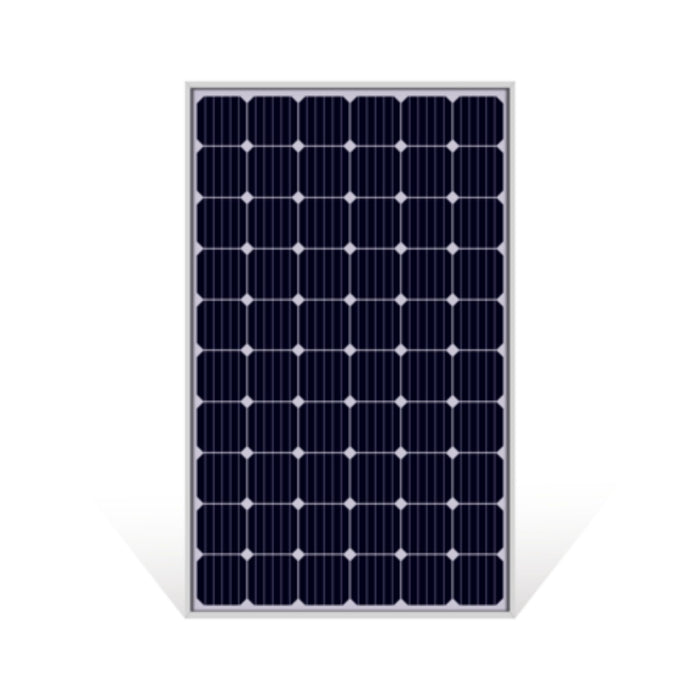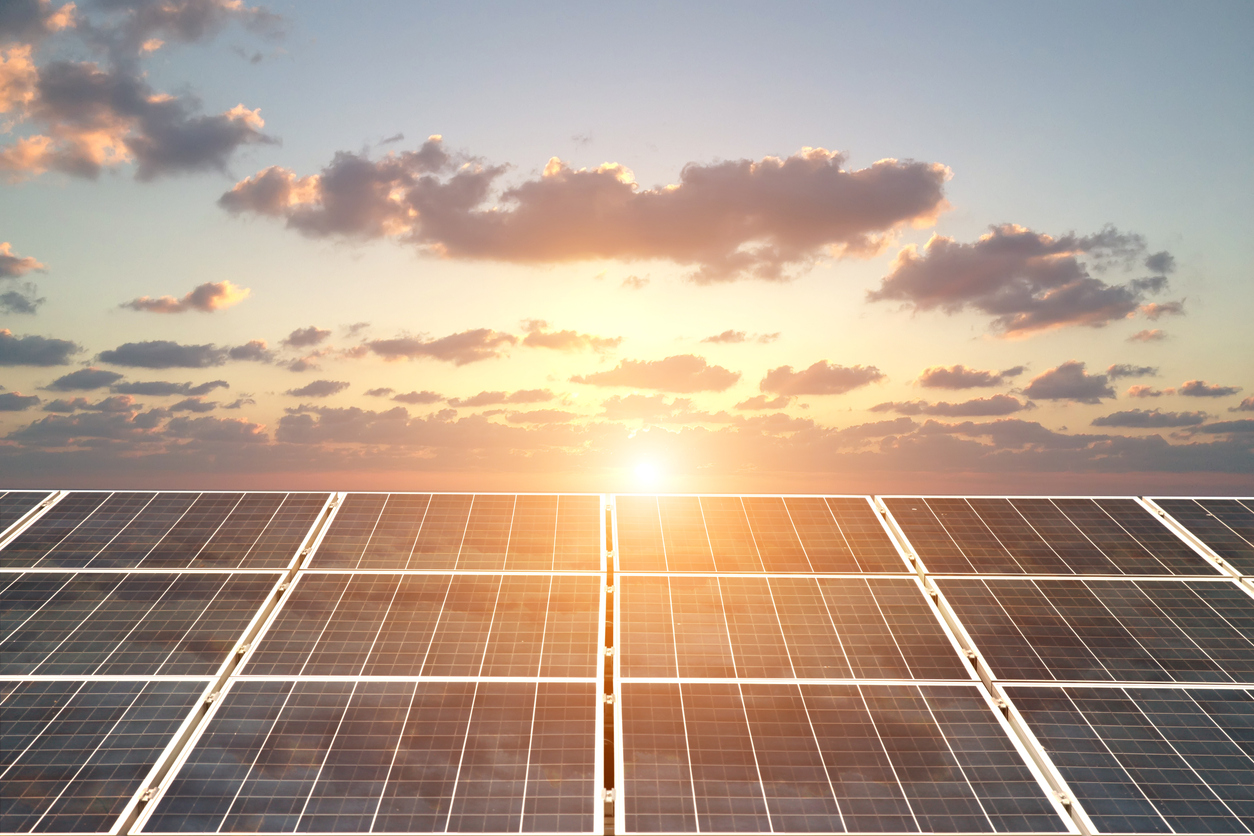Enjoy energy independence and lower costs with Solar Panels.
Enjoy energy independence and lower costs with Solar Panels.
Blog Article
Maximize Energy Financial Savings With High-Quality Solar Panels
Maximizing energy financial savings through using high-quality solar panels is a complex method that calls for cautious factor to consider of technology, setup, and upkeep. Selecting high-efficiency choices, such as monocrystalline panels, can significantly improve electrical energy generation, while durability and warranty terms play a critical role in long-lasting monetary stability. Furthermore, comprehending the capacity for federal government motivations can amplify the roi. The journey does not end with the purchase; the nuances of installation and ongoing maintenance are just as essential to attaining optimal results. What elements should home owners focus on to guarantee they understand these advantages completely?
Benefits of Solar Power
The benefits of solar power are many and considerable, making it an increasingly eye-catching choice for both domestic and commercial applications. Among the main advantages is its prospective to decrease power bills. By using sunlight, homeowner can create their own power, lowering reliance on traditional energy sources and inevitably resulting in significant savings.
Another essential benefit is ecological sustainability. Solar power is a tidy, sustainable resource that helps to mitigate greenhouse gas discharges, adding to a decrease in air contamination and climate adjustment. This aligns with international initiatives to shift towards more sustainable power services.
In addition, solar energy systems can boost residential or commercial property worth. Residences and companies outfitted with photovoltaic panels typically have greater resale worths, appealing to environmentally-conscious purchasers and capitalists. Federal government motivations, such as tax obligation credit reports and discounts, can counter installment prices, making solar energy even much more economically practical.
Finally, solar modern technology advertises power self-reliance. By purchasing solar power, people and services can decrease their vulnerability to varying energy prices and supply disruptions, fostering better control over their power sources. Jointly, these advantages highlight the compelling factors to take into consideration solar energy solutions.
Choosing the Right Solar Panels
Picking the appropriate photovoltaic panels is a critical action in maximizing the performance and advantages of a solar power system. When assessing photovoltaic panels, a number of elements ought to be considered to make certain optimum performance and long-term financial savings.
First, examine the panel's effectiveness rating, which shows exactly how properly it converts sunlight right into electrical energy. Higher performance panels may have a higher ahead of time expense but can produce more power in minimal area. Next off, take a look at the warranty supplied by the maker; a longer service warranty usually mirrors a higher degree of confidence in the item's longevity and performance.
In addition, think about the kind of solar panel modern technology. Monocrystalline panels are understood for their high performance and space-saving design, while polycrystalline panels often tend to be much more economical yet slightly much less efficient. Bifacial panels, which record sunlight from both sides, are likewise obtaining popularity for their prospective to boost energy outcome.
Last but not least, carry out a thorough evaluation my sources of independent efficiency ratings and consumer reviews to evaluate integrity and complete satisfaction. By very carefully considering these elements, house owners can make enlightened choices that align with their power demands and financial goals, inevitably boosting the return on investment for their solar energy systems.
Comprehending Installment Prices
Recognizing the costs related to installing solar panels is crucial for house owners looking to buy eco-friendly power. The overall installment expense can vary substantially based upon a number of factors, including system size, panel type, setup complexity, and geographic location.
Usually, the expense is relied on a per-watt basis, with typical costs ranging from $2.50 to $3.50 per watt before any kind of incentives. A typical household system could set you back in between $15,000 and $25,000, depending upon energy needs and the chosen parts.
Along with the panels themselves, property owners must think about expenses related to inverters, placing equipment, and electrical upgrades. Labor costs also play a crucial duty, as specialist setup guarantees compliance with safety standards and neighborhood guidelines.

Eventually, understanding these installment costs and possible financial advantages is essential for homeowners to make educated decisions regarding transitioning to solar power.

Maintenance for Long-Term Financial Savings
Maintaining photovoltaic panels is essential for making best use of long-term power financial savings and making sure the system runs at peak performance. Regular upkeep entails several essential techniques that can significantly improve the durability and efficiency of solar installations.
First, routine assessments need to be conducted to determine any physical damage or wear, such as fractures or loosened links. Cleaning the panels is also vital, as dirt, dust, and particles can block sunlight, reducing energy outcome (Solar Panels). It is a good idea to cleanse the panels at the very least twice a year, or a lot more regularly in locations with high degrees of dirt or air pollution
In addition, monitoring the system's performance through a monitoring software can offer real-time data about his on energy production and sharp home owners to any kind of abnormalities. This aggressive strategy permits for prompt fixings, decreasing downtime and keeping optimum power generation.
Environmental Impact of Solar Energy
The environmental influence of solar power expands much beyond its immediate advantages of lowering power expenses and reliance on nonrenewable fuel sources. By using sunshine, solar power considerably lowers greenhouse gas exhausts, consequently alleviating environment modification. Unlike conventional power resources such as coal or gas, solar energy generation does not create air pollutants, adding to enhanced air high quality and public health.
In addition, solar power promotes biodiversity by lowering the requirement for nonrenewable fuel source extraction, which often interrupts communities and environments. By transitioning to sustainable energy resources, we check this can preserve all-natural landscapes and safeguard jeopardized types from environment loss.
The life cycle of photovoltaic panels likewise offers a reduced ecological footprint contrasted to traditional energy sources - Solar Panels. While making solar panels entails some source usage and emissions, improvements in technology and reusing processes are continually decreasing these effects. Furthermore, the long-term advantages of solar energy-- such as decreased dependence on finite resources-- much exceed these first expenses
Final Thought
In summary, the adoption of high-quality photovoltaic panels offers significant possibilities for power financial savings and environmental advantages. By picking appropriate modern technologies, such as monocrystalline panels, and making sure effective installation, homeowners can maximize power generation in limited spaces. Additionally, comprehending setup prices and upkeep needs additionally adds to long-term savings. The critical positioning of photovoltaic panel selections with energy demands and government incentives enhances return on investment, promoting sustainability and minimizing dependence on conventional power sources.
Report this page